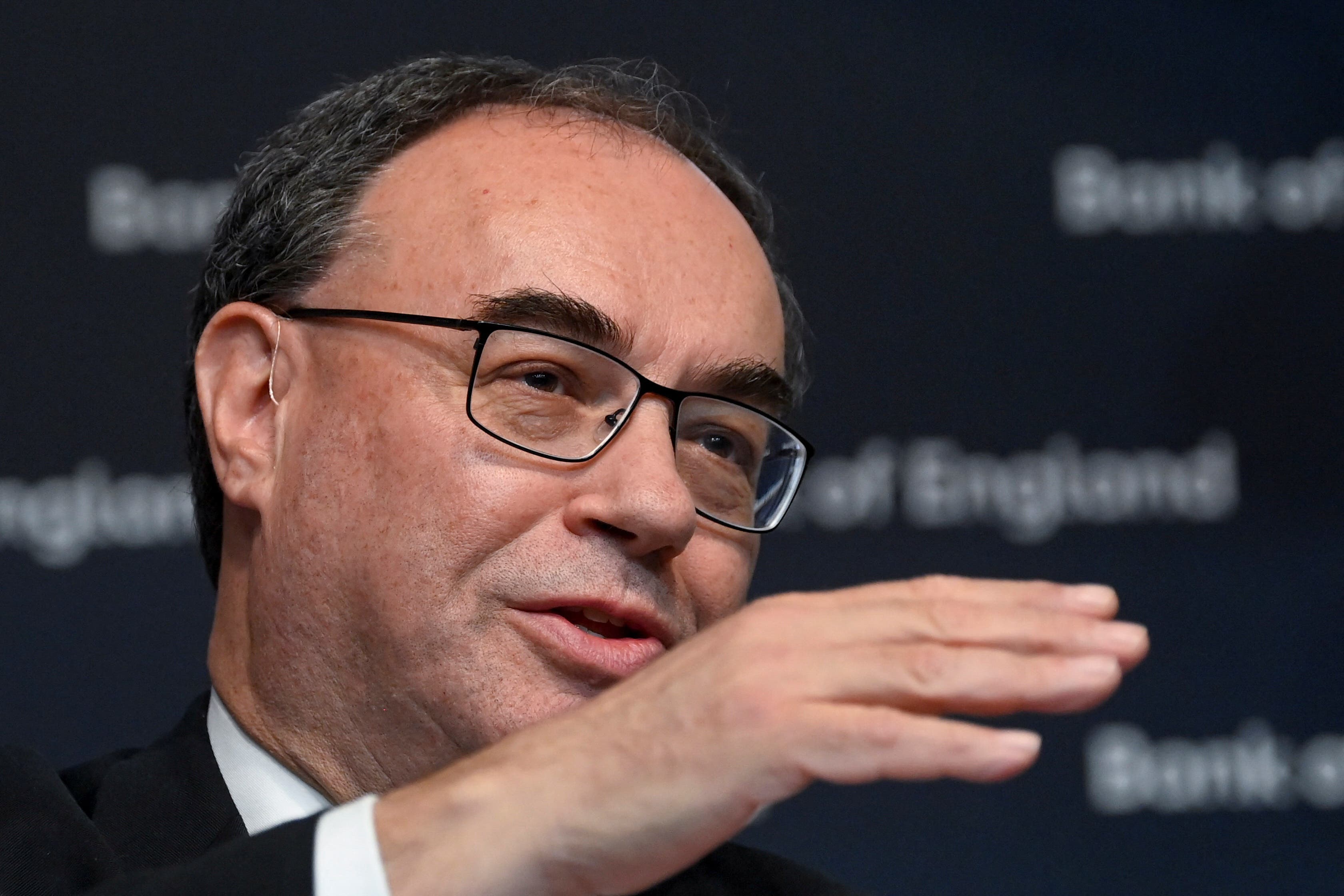We’re being softened up for more interest rate rises
The inflation dragon must be slain, says James Moore


You could bet your mortgage on another interest rate rise at the meeting of the Bank of England’s Monetary Policy Committee next Thursday.
Consider the latest intervention by external member Jonathan Haskel, via a column for The Scotsman. He stuck to the script, allowing only that more rate rises “may be necessary”. But take note of his conclusion, which could easily be regarded as a softening-up exercise: “As difficult as our current circumstances are, embedded inflation would be worse.”
Haskel’s message is that “we know this is hard medicine but the alternative is much worse”.
And he is quite correct. True, inflation has begun to fall from its high of 11.1 per cent; but underlying core inflation – which excludes volatile components such as food and energy with prices that are set globally – actually rose in April.
The current surge in prices is hitting the poorest hardest, and not just in the pocket. People are skipping meals and children are going to school hungry.
Calls for “sin taxes” to wean consumers off unhealthy food and incentivise the industry to improve products – made over the weekend by none other than Danone UK boss James Mayer – make sense from the perspective of the NHS in its fight against obesity. However, some parents are reduced to giving their kids sugary food at the start of the day because simply can’t afford to fill them up with healthier fodder.
That overused word “crisis” is appropriate for both obesity and the cost of living; but the latter is the bigger and more immediate problem.
The blowback will nonetheless be fierce. Andrew Bailey, the bank’s governor, has become a useful bogeyman, particularly among certain Tory MPs looking for someone to take the blame for their government’s economic failures.
The mortgage bomb primed by the current cycle of rate rises is yet to explode. Last month, the Resolution Foundation found that two-thirds of an eventual £12bn increase in annual mortgage costs are still to be passed on. The majority of borrowers haven’t yet come to the end of their fixed rate deals, which were taken out when base rates were close to zero.
With a huge swathe of deals withdrawn last week in anticipation of higher rates, these borrowers are in for a nasty shock when it comes to remortgage.
Owner-occupiers are better off than renters, as a rule. But that doesn’t change the fact that a large number of the former are to face considerable hardship. Repossessions will return, even if lenders have (prodded by their regulator) got better at dealing with distressed borrowers. The youngest and least well-off among them are the most exposed.
This is going to become a big political issue. Labour has already been out and about highlighting the idiot premium still being paid following the disastrous Truss-Kwarteng mini-budget.
While the blame Bailey campaign is probably going to yield some results, Rishi Sunak and co won’t escape unscathed.
How deep will the wounds be? Base rates are currently at 4.5 per cent. Some predictions suggest that they may go as high as 5.5 per cent. I think at least two more rate rises are on the way, but I wouldn’t rule out more after that.
Haskel is one of the more hawkish members of the committee, having joined Catherine Mann in pushing for higher rises than the consensus on a couple of occasions. But the hawks are increasingly in the ascendant. The inflation dragon must be slain, but its armour is proving tough.
Join our commenting forum
Join thought-provoking conversations, follow other Independent readers and see their replies
Comments
Bookmark popover
Removed from bookmarks